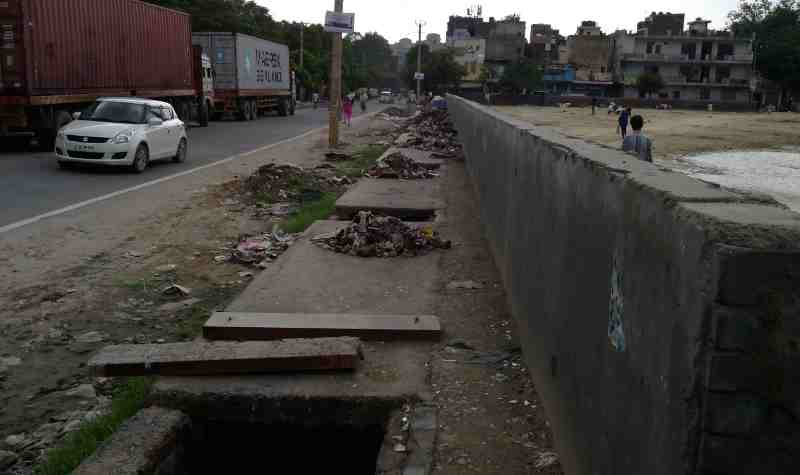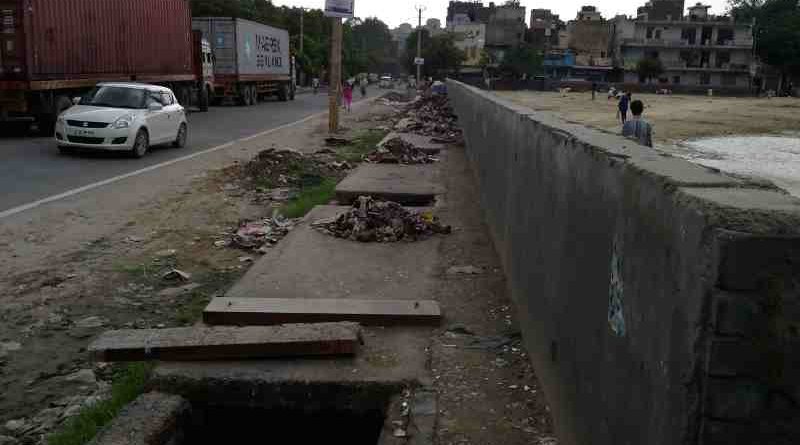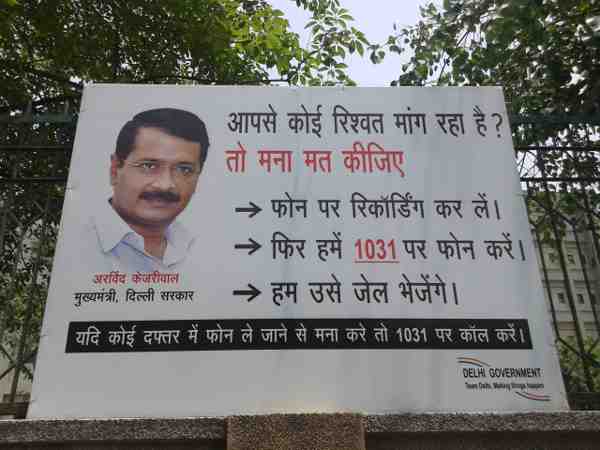Government Takes Steps to Control Air and Dust Pollution in Delhi

Millions of people in Delhi are facing a threat of silent death while hundreds of them are already dying everyday with vehicular and dust pollution.
By Rakesh Raman

As India’s capital New Delhi is experiencing the lethal levels of air pollution, nearly 1,800 primary schools were asked to stay closed today in order to protect the children from the poisonous air.
The main cause of worsening air pollution in and around Delhi is the emissions from increasing number of private vehicles, which emit dangerous amounts of nitrogen oxide, carbon monoxide, and other harmful gases.
Plus, the air pollution in the city has reached alarming levels because of the dust coming from uncontrolled building construction activity.
As a result, millions of people in Delhi are facing a threat of silent death while hundreds of them are already dying everyday with vehicular and dust pollution.
In order to save the citizens, the Government of India, held a meeting on Friday to discuss measures to control air and dust pollution.
The meeting was held by Secretary, Ministry of Environment, Forest and Climate Change, Ajay Narayan Jha, with senior officers from the national capital region (NCR) states including Haryana, Uttar Pradesh, Rajasthan, Punjab, and Delhi.
After detailed deliberations, the state government representatives agreed that there is a compelling requirement to take immediate measures to control air pollution and that all possible steps will be taken by them accordingly.
According to a government statement, all agreed to the strict enforcement of statutory directions issued by Central Pollution Control Board (CPCB) under Section 18(1)(b) Air (Prevention and Control of Pollution) Act, 1981 on December 29, 2015 and the directions issued on November 2, 2016 to 22 local bodies of national capital region of Delhi.
The directions issued covered a series of action points, covering control of vehicular emissions, control of road dust / resuspension of dust and other fugitive emissions, control of air pollution from bio-mass burning, control of industrial air pollution, control of air pollution from construction and demolition activities, etc.
It was agreed that action against visibly polluting vehicles, overloading vehicles and vehicles parked against non-designated areas will be further intensified.
Lane discipline will be enforced and the PUC regimes will be further strengthened and extensive drives will be undertaken by state agencies and police authorities.
The CPCB / SPCBs / DPCC have been instructed to conduct surprise checks and monitor calibration of equipments deployed for PUC certification. Further steps will be taken to promote public transport system by expediting construction of metro rail and procuring additional buses.
The state governments have agreed to immediately undertake sprinkling of water on dusty roads, introduce wet / mechanized vacuum sweeping of roads, maintain pothole free roads, black topping / pavement of road shoulders and undertaking greening of open areas of gardens and community places to reduce resuspension of dust being one of the major contributors to PM2.5.
State governments also have agreed to examine closing of brick kilns operating on obsolete technologies during the winter season.
Meanwhile, the Delhi government will ensure that the Badarpur Thermal Power Plant will take all the required steps to prevent suspension of fly ash accumulated over an area of 280 acre in the premises of the plant.
According to the government statement, instructions governing minimization of dust pollution from construction and demolition activities will be strictly enforced.
The CPCB and SPCBs concerned have also been directed to carry out joint inspection of 17 categories of highly polluting industries located in NCR of Delhi for verification of compliance of emission standards and take strict action against violators.
The Delhi government will examine immediately the possibility of providing funds from the Environment Compensation Charge (ECC) and diesel cess to the neighbouring states for incentivising various machinery like happy seeders, rotavators, straw choppers, gyro rakes, bailers, mulchers etc. to minimize straw burning by farmers.
Moreover, the government said, CPCB will develop an app immediately to report burning of garbage / biomass / dry leaves, including landfill fires. All states agencies and enforcement officers will be linked to the app, which will provide information on fires arising from crop burning / waste burning etc in different parts of the states.
According to the government, the Chairman of CPCB will henceforth review the progress of action taken on measures to control pollution with the concerned state governments, NCT of Delhi, and SPCBs on a monthly basis.The Ministry will undertake such a review on a quarterly basis.
By Rakesh Raman, who is a government award-winning journalist and social scientist. You also can visit the REAL VOTER – Politics in India Information Center that he manages.




